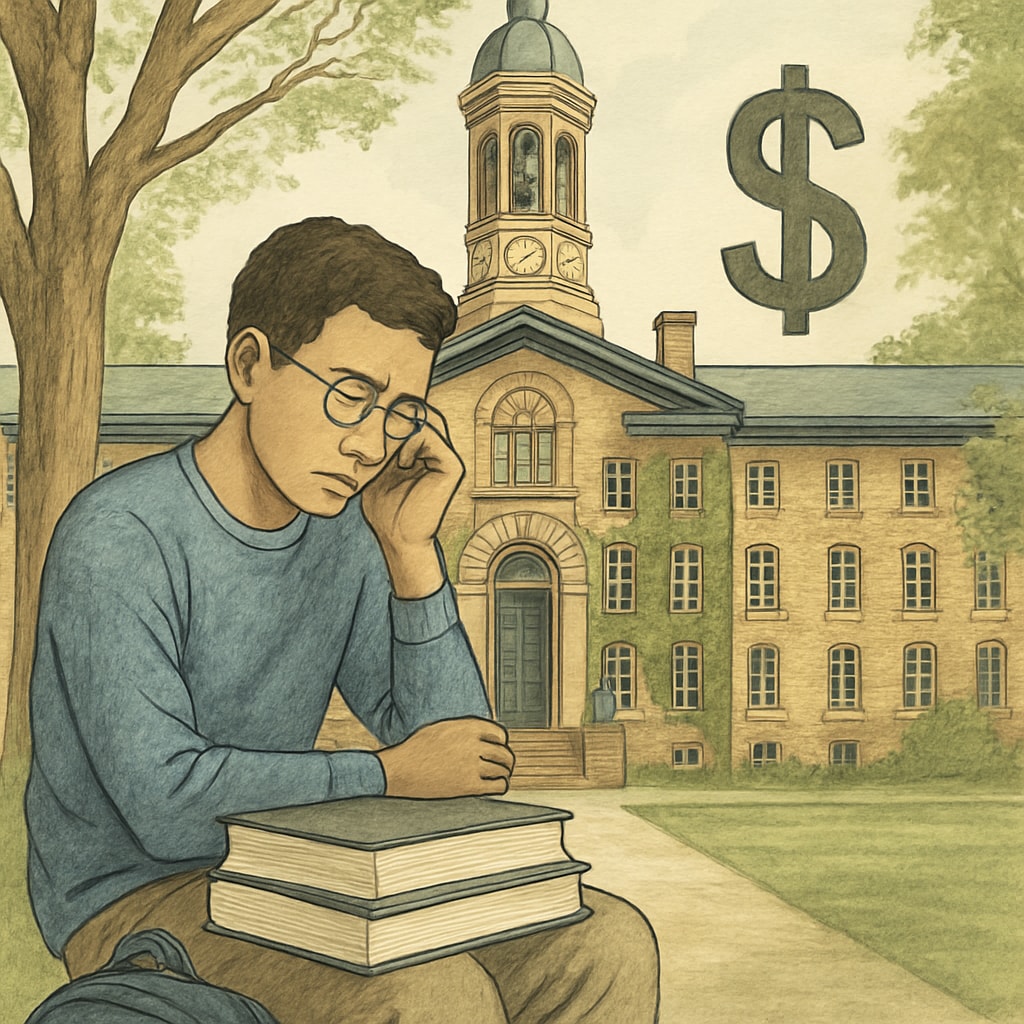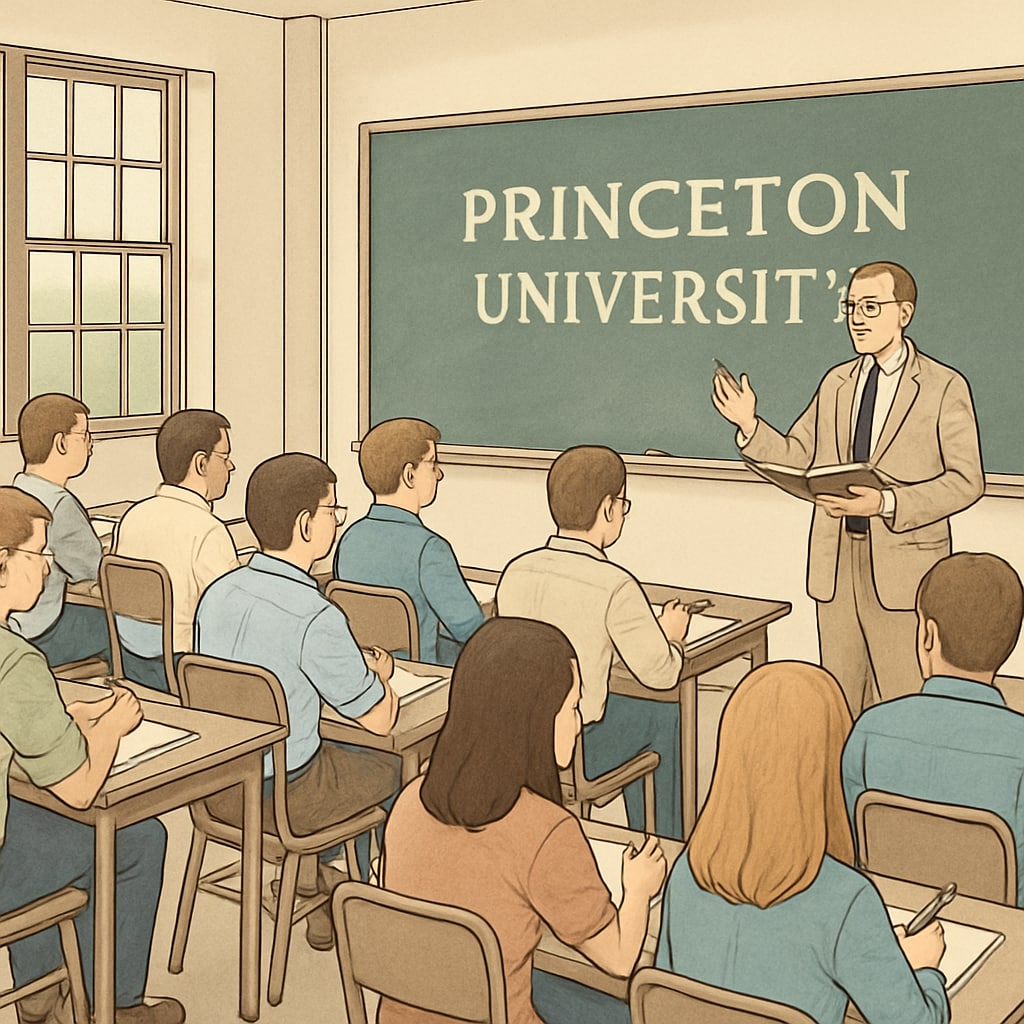For decades, Ivy League institutions like Princeton University have been synonymous with prestige, academic excellence, and unparalleled career opportunities. However, the narrative surrounding Ivy League schools is increasingly being questioned. Are these institutions truly worth their hefty price tags, or is their reputation overestimated? This article delves into the costs, teaching quality, and career outcomes associated with these elite schools to uncover whether their value is as robust as their reputation suggests.
Are Ivy League Costs Justifiable?
One of the most striking aspects of Ivy League schools is their staggering tuition fees. At Princeton University, for example, tuition and fees can exceed $50,000 annually, not including living expenses. While financial aid programs are often touted as generous, the reality is that many families still bear significant financial burdens.
This raises the question: do the benefits of an Ivy League education truly outweigh its costs? A 2020 report by Britannica highlighted that while Ivy League graduates often secure higher-paying jobs, their debt-to-income ratios can be disproportionately high compared to graduates from public universities. Furthermore, the exclusivity of these institutions may contribute to perpetuating systemic inequalities, making their accessibility a matter of concern.

Teaching Quality: Myth or Reality?
Another key aspect of the Ivy League mystique is the alleged superior teaching quality. While Princeton boasts a low student-to-faculty ratio and renowned professors, critics argue that the actual teaching quality does not always live up to the hype. For instance, undergraduate students often report that lectures are heavily research-focused, with limited emphasis on practical application.
Moreover, adjunct and graduate student instructors are increasingly taking on teaching roles, which some believe undermines the personalized education experience that Ivy League schools promise. This trend is not unique to the Ivy League; it reflects a broader shift within higher education. However, it does raise questions about whether the premium cost of Ivy League education guarantees a higher standard of instruction.

Career Outcomes: Prestige vs. Practicality
Historically, Ivy League graduates have enjoyed a competitive edge in the job market. The name recognition of institutions like Princeton often opens doors to prestigious firms and lucrative positions. However, this advantage is increasingly being challenged by graduates from non-Ivy schools who possess comparable skills but have paid significantly less for their education.
For example, a study published by Wikipedia found that while Ivy League alumni tend to earn higher initial salaries, the salary gap narrows over time when compared to graduates from other top-tier universities. This suggests that the long-term career benefits of an Ivy League education may be less pronounced than commonly believed.
Additionally, in industries like tech and entrepreneurship, skills and experience often outweigh the prestige of a degree. As hiring practices become more meritocratic, the perceived value of an Ivy League diploma may continue to decline.
The Ripple Effect on K-12 Education
The influence of Ivy League schools extends beyond higher education, shaping the aspirations of K-12 students and their families. The intense competition for admission into these institutions often drives parents to invest heavily in private tutoring, extracurricular activities, and test preparation. While these efforts may improve a student’s chances of acceptance, they also contribute to a high-pressure academic environment that prioritizes prestige over genuine learning.
As a result, the Ivy League’s reputation has a profound impact on the broader education system, reinforcing a culture of elitism and exclusivity. This phenomenon underscores the need for a more balanced approach to evaluating educational institutions, one that prioritizes accessibility and holistic development over name recognition.
In conclusion, while Ivy League schools like Princeton University undeniably offer valuable opportunities, their reputation and costs demand critical scrutiny. By reevaluating the true value of elite education, society can foster a more equitable and pragmatic approach to higher learning.
Readability guidance: This article uses short paragraphs, active voice, and transitional words to ensure clarity and engagement. Lists and external links provide additional context without overwhelming the reader.


